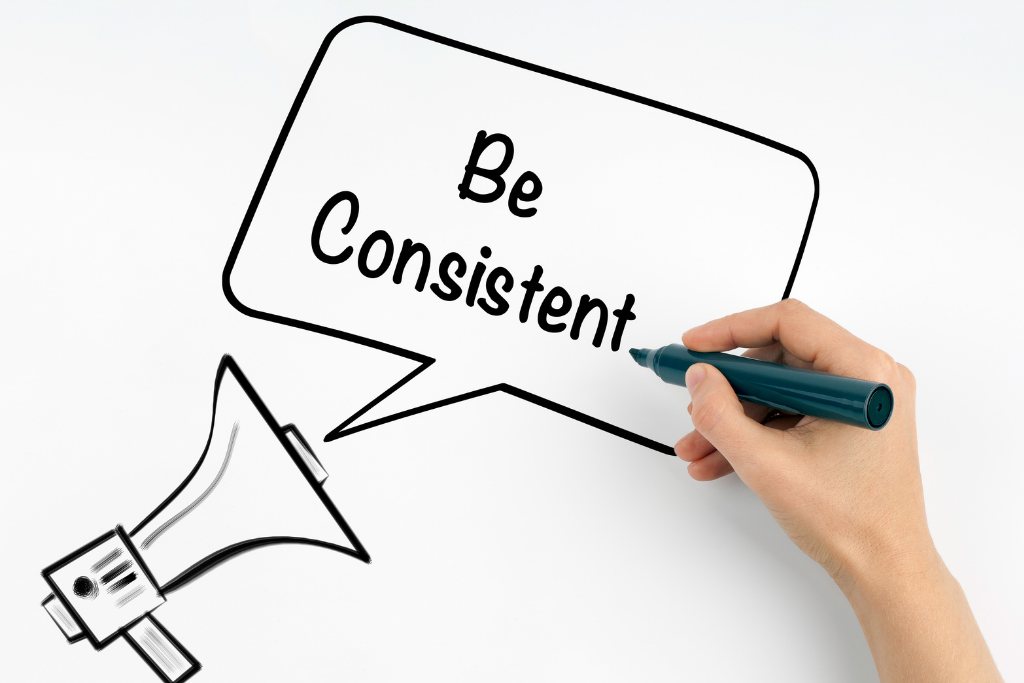Digital Marketers have a lot of different tools at their disposal to reach target audiences on Facebook, Instagram, and TikTok. They also use data analytics and a strong understanding of search engine optimization (SEO) to create impactful advertising campaigns.

Becoming a Digital Marketer takes time and requires you to invest in your own skill development by taking courses and boot camps. However, mastering the various facets of marketing can take years.
1. Know Your Audience
Digital marketers use consumer insights and data to identify the wants and needs of their audience. They then strive to meet those needs at every touchpoint, from the website to a customer service chat.

Examine your current audience’s priorities, engagement habits, buying behaviors, favored pricing, and social media activity to determine commonalities. Then, find groups of consumers with similar demographics and interests to identify your target audience.
For example, if you sell sneakers, your target audience might be women runners between the ages of 20 and 35. This will ensure that your messaging is heard by the most likely consumers to make an impact.
2. Know Your Competitors
Competitor analysis is an important part of digital marketing. It allows you to see how your competitors are performing and if they’re experimenting with new channels that your team isn’t aware of yet.

You can uncover your competitors’ marketing budgets by finding out which keywords they’re targeting with their organic search campaigns and pay-per-click advertisements. You can also find out what type of marketing campaigns are converting their customers so that you can use these strategies as well. Keeping an eye on your competition is important because market trends can shift at any time.
3. Be Creative
A digital marketer must be creative in order to develop compelling marketing campaigns. They often use visual designs like infographics or videos to convey their message. They also create engaging content that is relevant to their target audience.

They are also responsible for leveraging data and analytics to measure the effectiveness of their marketing campaigns. A strong understanding of basic marketing principles is essential for this role.
Today’s digital marketers have evolved into something akin to orchestra conductors. They have to juggle all of the instruments, a larger audience, and a ton of moving parts.
4. Be Consistent
The most successful digital marketers are consistent. They show up consistently, and they produce high-quality content every day. This takes time and practice to get into the habit, but it’s well worth it in the long run.

Consistent digital marketing is the key to building trust and loyalty with your followers. It’s also important for your growth as a business.
Digital marketers should be familiar with all of the tools in their arsenal, from SEO and PPC to social media management systems and analytics platforms. They should also be able to track and analyze results and communicate them clearly.
5. Be Aware of Trends
Keeping up with marketing trends is an essential part of being a digital marketer. It’s not enough to simply learn from your competitors, you should also study large and popular brands outside of your industry. These companies may have a different approach to things like SEO, social media, and email marketing that could be useful for your business.

A great way to stay on top of marketing trends is to set Google alerts for keywords related to your industry. This will ensure you’re the first to know when new information hits.
6. Be Aware of the Laws of Marketing
Laws governing marketing are complex and can be difficult to keep track of. However, failing to comply with these laws could land a business in serious legal trouble.

For example, data privacy laws are crucial for marketers to follow. With recent scandals such as Google’s one-size-fits-all privacy policy and the debacle of social network Path, it’s important to have a complete understanding of these laws and how they apply to your business.
Additionally, it’s important to be aware of copyright laws. This includes being careful not to use any images or text that aren’t yours.
7. Be Flexible
A digital marketer should be flexible enough to adapt to changing circumstances. This could mean creating a plan B in case something unexpected happens like the COVID-19 pandemic or having the ability to rethink and change existing marketing strategies.

This flexibility can be achieved by monitoring campaign performance and having reserve marketing budgets to pay for any changes that may need to happen. Working with professional marketers who have experience across industries is also helpful, as they will likely be aware of any upcoming industry alterations that might impact a business. Learn the Art of Making Money Online Through Stock Trading!







